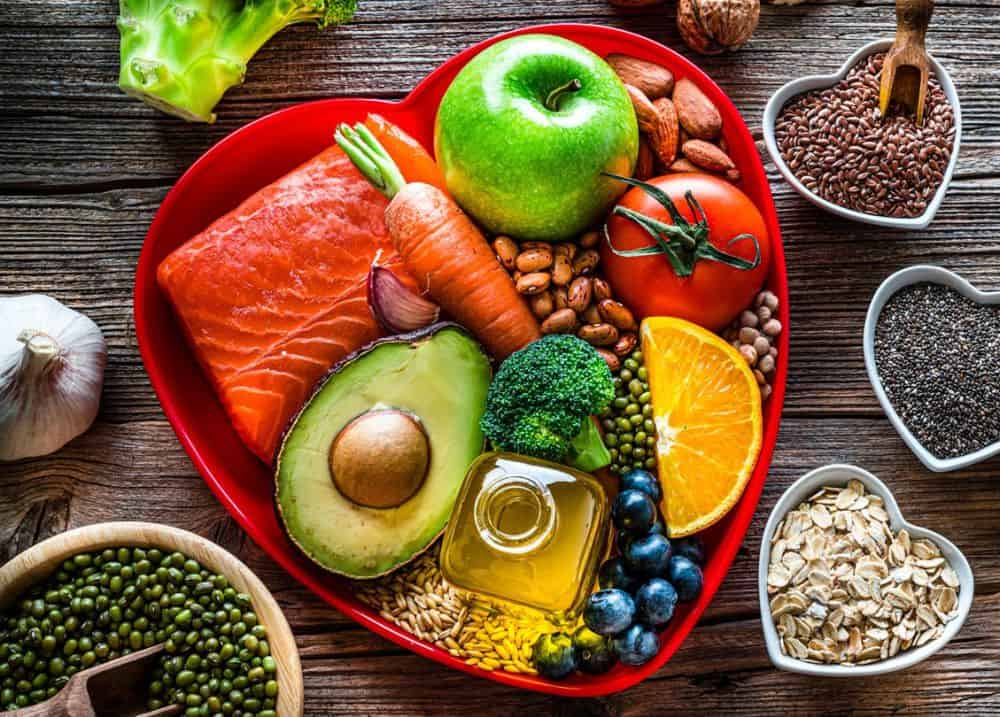If you’re looking to boost your brain health and protect against cognitive decline, the MIND diet is one of the most convincing choices you can make. The MIND diet specifically targets foods that science shows may help slow brain aging and reduce the risk of Alzheimer’s disease.
What is the MIND Diet?
The MIND diet, short for Mediterranean-DASH Diet Intervention for Neurodegenerative Delay, is a groundbreaking approach to nutrition specifically designed to support brain health and reduce the risk of Alzheimer’s disease. Developed by researchers at Rush University Medical Center, the MIND diet combines elements from two proven eating plans: the Mediterranean diet and the DASH (Dietary Approaches to Stop Hypertension) diet. By focusing on nutrient-rich foods that promote cognitive function—such as leafy green vegetables, berries, nuts, whole grains, fish, poultry, olive oil, and even a glass of wine—the MIND diet offers a delicious and sustainable way to care for your mind.
Unlike restrictive fad diets that can be difficult to maintain long-term, the MIND diet encourages simple swaps and gradual changes. It emphasizes what you should eat rather than what you must avoid. Scientific studies have shown that those who closely follow the MIND diet can lower their risk of Alzheimer’s by up to 53%, while even moderate followers see significant benefits. In essence, adopting this eating pattern isn’t just about protecting your memory—it’s about enjoying flavorful meals that nourish both body and brain every day.

Foods to Eat on the MIND Diet
If you’re looking to protect your brain health and boost cognitive function, the MIND diet is a smart choice. This innovative eating plan combines elements of the Mediterranean and DASH diets, focusing on foods proven to support brain health. Here is a list of foods that the MIND diet encourages:
- Green, Leafy Vegetables: Think spinach, kale, and collard greens. These powerhouses are packed with vitamins like vitamin K, lutein, and beta carotene—all linked to slowing cognitive decline.
- All Other Vegetables: Don’t stop at greens! A variety of colorful vegetables ensures you get a range of nutrients and antioxidants essential for overall brain function.
- Berries: Blueberries and strawberries stand out for their high levels of flavonoids, which have been shown in studies to improve memory and delay brain aging.
- Nuts: Snacking on nuts such as almonds or walnuts provides healthy fats, vitamin E, and plant compounds that help reduce inflammation—an important factor in protecting your mind.
- Olive Oil: Swap out butter or margarine for extra virgin olive oil when cooking or dressing salads. Its monounsaturated fats are key players in reducing oxidative stress in the brain.
- Whole grains: Incorporate whole grains like brown rice, quinoa, oats, and whole wheat bread into your daily routine. These nutrient-rich options provide lasting energy and are packed with fiber, which supports overall brain health.
- Fish: Aim to eat fish at least once a week. Fatty fish such as salmon, sardines, trout, and mackerel are loaded with omega-3 fatty acids—essential nutrients that have been linked to improved memory and reduced risk of cognitive decline.
- Beans: Beans are an excellent source of plant-based protein and fiber. Lentils, black beans, chickpeas, and kidney beans can be easily added to salads or soups for a satisfying meal that also helps regulate blood sugar levels—an important factor for brain health.
- Poultry: Chicken and turkey are lean protein sources encouraged by the MIND diet. Try incorporating them into stir-fries or salads twice a week for variety without adding unhealthy fats.
By making these foods regular staples in your meals, you’re not just supporting your body—you’re investing in long-term mental clarity and well-being. The MIND diet makes it easy to nourish both body and mind with every bite!
Foods to Avoid on the MIND Diet
The MIND diet recommends restricting five specific types of foods that can negatively impact cognitive function over time.
First, butter and margarine should be minimized—these spreads are high in saturated fats, which have been linked to memory decline. Instead, opt for olive oil or other healthy fats in your cooking.
Cheese is another food best enjoyed sparingly. While delicious, cheese is also rich in saturated fat and sodium, both of which can contribute to vascular issues that affect the brain.
Red meat is a staple for many diets but should be limited on the MIND diet. High consumption of red meat has been associated with an increased risk of cognitive decline due to its saturated fat content and potential inflammatory effects.
Fried food is particularly harmful when consumed regularly. Frying not only adds unhealthy fats but also creates compounds that may damage brain cells over time. Baked or grilled alternatives are much better choices for your mind and body.
Finally, pastries and sweets should be treated as occasional indulgences rather than daily staples. These items are packed with refined sugars and unhealthy fats that can lead to inflammation and poor blood sugar control—both risk factors for dementia.
By consciously limiting these five foods—butter and margarine, cheese, red meat, fried food, pastries and sweets—you’ll take a significant step toward protecting your mental sharpness well into the future.


